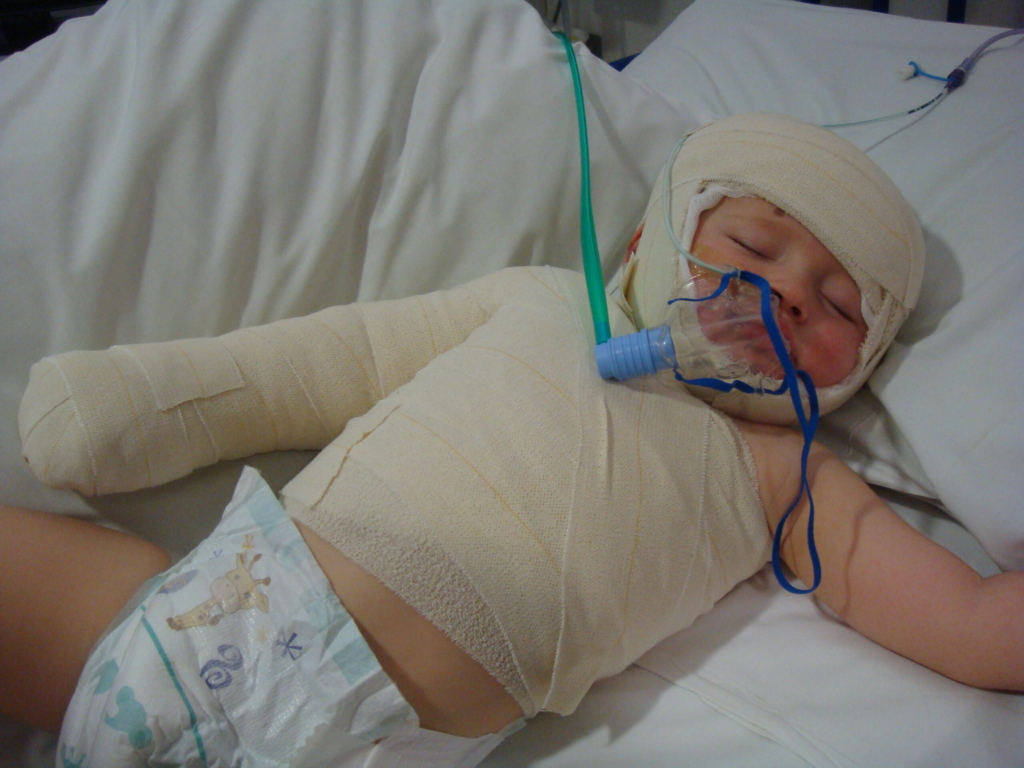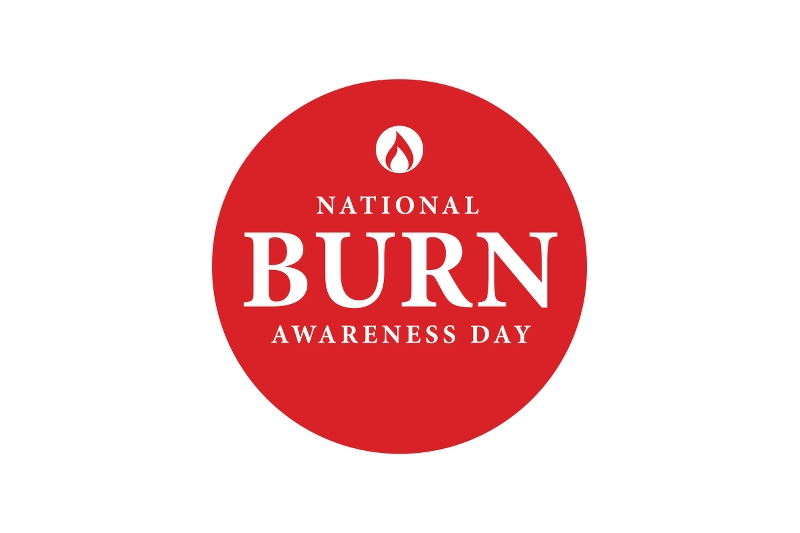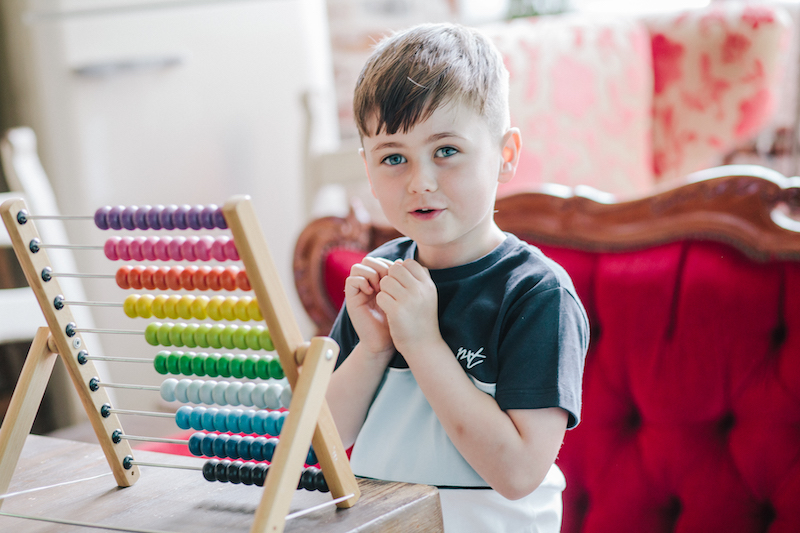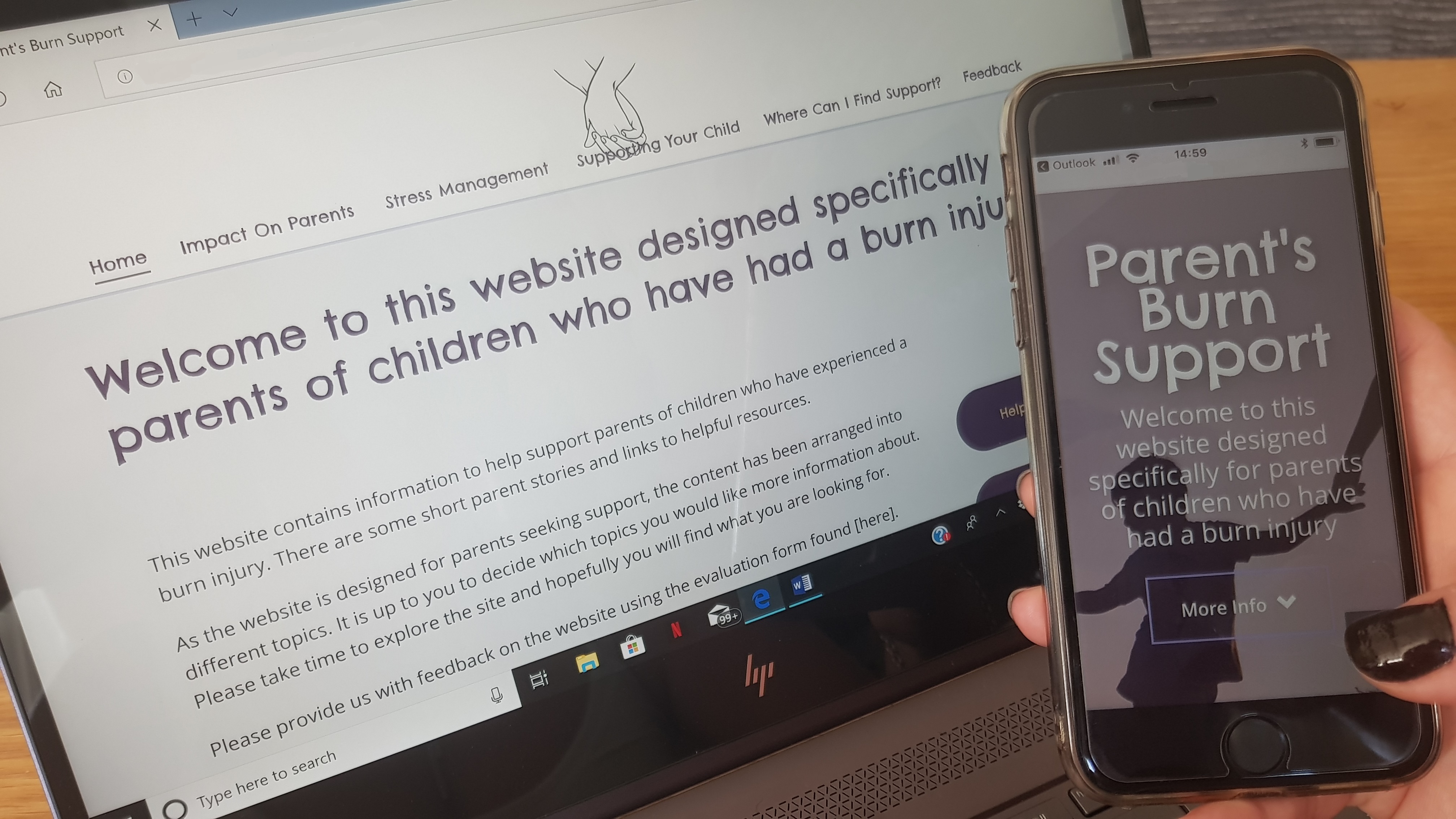Interview with Jennifer Heath, Centre for Appearance Research
Our latest interview in our Q&A series is with Dr Jennifer Heath, PhD Researcher and Clinical Psychologist, currently based at the Centre for Appearance Research (CAR), UWE Bristol. We ask Jen about her role change from clinical practice into research, and also what her research has been focusing on.
What led you to move from clinical psychology to research?
As a Clinical Psychologist, I was involved in the development and delivery of therapeutic groups in a variety of different specialties. I often found the peer support aspect that invariably evolved to be beneficial to the patients themselves and also interesting from a professional point of view. My first post-qualification role was split between burn care and bariatric surgery. I had just developed a group program for the bariatric surgery service and wondered whether I could start a peer support group for the burns unit. Upon floating my idea, I was told, “we tried that, it didn’t work.” I couldn’t help wondering what it was that meant that it didn’t work, or whether there was another way that peer support could be provided to this population.
Shortly after this, I received an email advertising a PhD exploring peer support for people affected by burns – perhaps it was a sign! I applied for it and here I am at CAR, developing peer-informed support for parents of children who have experienced a burn injury.
What have you been doing within your research role?
The process started with me reviewing the existing literature about the psychosocial impact of burn injuries and also peer support within burns care. It became clear that peer support for adults had been researched to some degree and there were some well-attended support groups out there. Children also have access to peer support via local and national burn camps – these had also been researched in a previous PhD at CAR. However, there appeared to be less support tailored to the needs of parents themselves, even though the impact of their child’s burn was huge for them too.
Initially, I recruited 13 parents/carers to share with me their experience of their child’s burn injury, their access to support, and opinions regarding peer support. Parents described many different experiences, both positive and negative, but the overwhelming message from most was that the burn injury had an overwhelming impact and the treatment was challenging for both parents and children. The findings suggested that many parents would value having access to information about coping, as well as the perspectives and experiential knowledge that other parents have. However, there were few opportunities to meet other parents and there could be emotional and practical barriers that made accessing professionally-led support difficult for parents. The idea that support could be provided online also emerged.
I explored these findings further using a questionnaire, which was completed by 57 parents/carers. I found that most parents did want to access information and peer support online. They thought that this could be particularly important when feelings of guilt or the pain felt when recalling the events meant that parents didn’t want to talk about their experiences, or when pressures on their time and the distance that they might have to travel made it practically too difficult to access support for themselves.
Do you have any involvement with the British Burn Association whilst you’re doing this work?
I am currently Chair of the Psychosocial Special Interest Group (SIG) of the British Burn Association (BBA) and I have presented my research findings, and plans going forward, at the annual meetings in both 2017 and 2018 – in 2017 the BBA even awarded me a couple of prizes for my work! I feel very fortunate to be part of the SIG and to have my work recognised by the BBA.
What’s next?
I have been busy working with a great web design company, Yellowroad Designs, to create a parent-focused peer-informed supportive website. The parent’s burn support website will share parent stories, information regarding the common experiences of parents when their child is injured, and coping strategies. There will also be information and tips on how to support a child through different aspects of burn care and treatment, and the opportunity for parents to feedback into the future development of the website. I will be testing a prototype version of the website between late July and September 2018 and hope to release the live website shortly afterwards.
Who can get involved with testing the website?
Any parents or carers, even grandparents, who have experience of caring for a child following a burn injury, as well as any burn care professionals or volunteers, can participate in testing the website and provide valuable feedback.
If you are interested in this work and want to find out more about what would be involved, please get in touch: jennifer3.heath@uwe.ac.uk
Conținut conex

Donează pentru noi

Campanii

